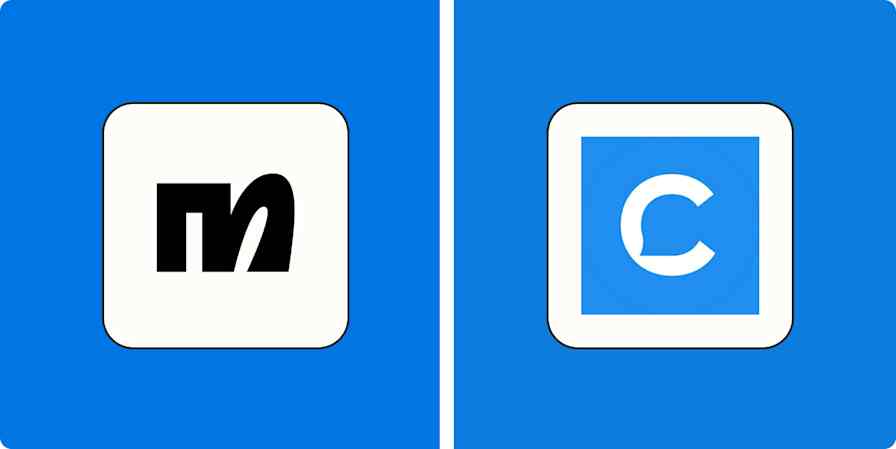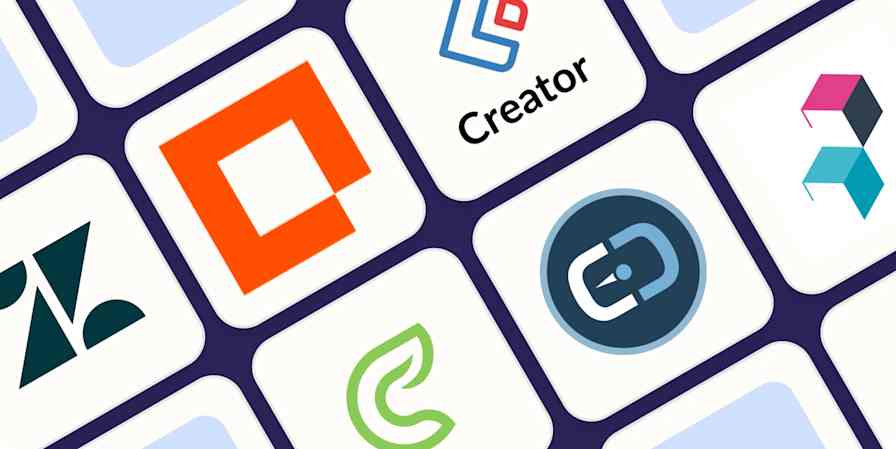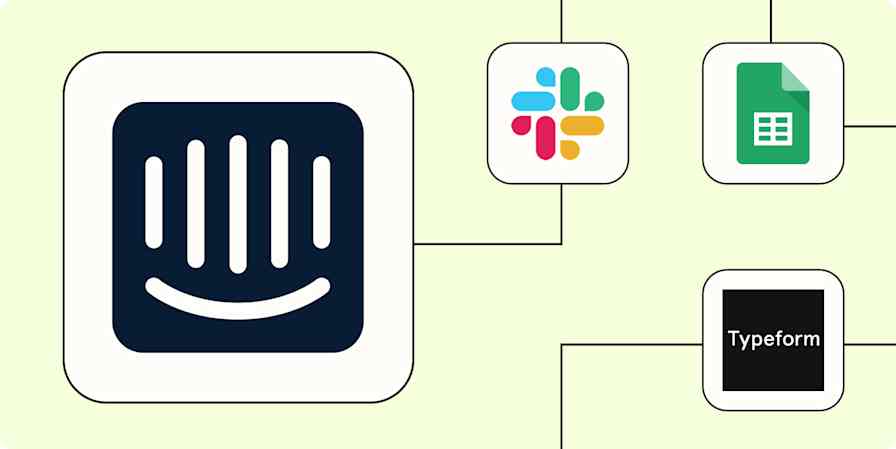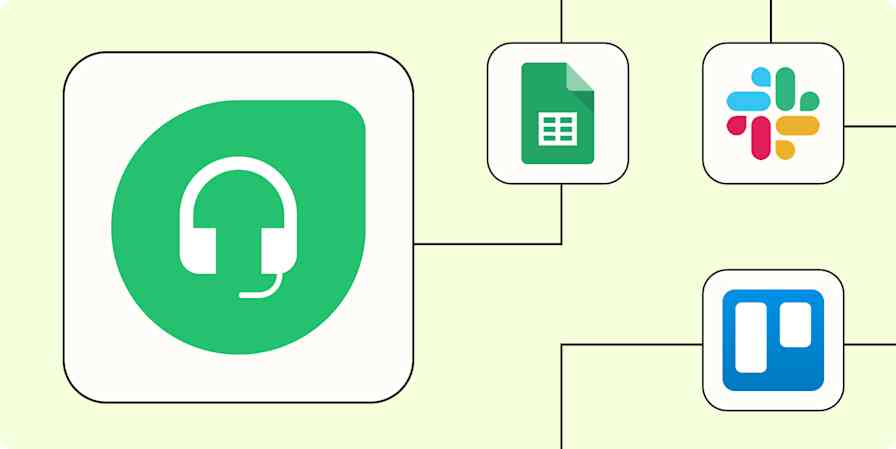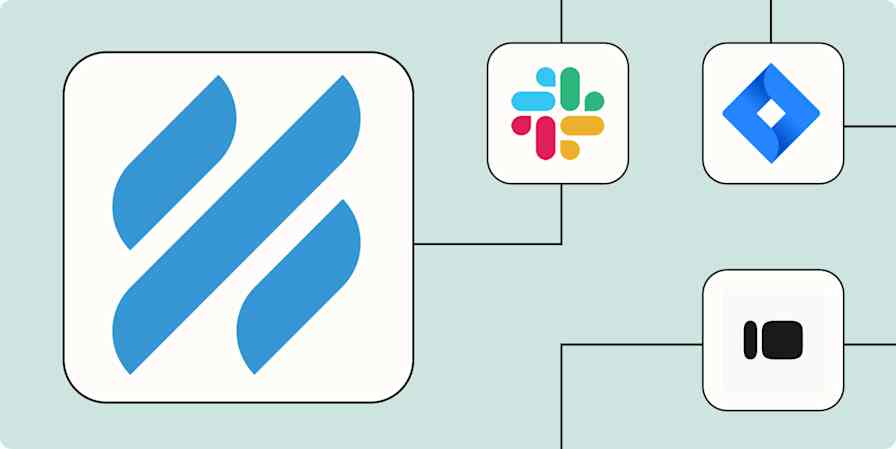App comparisons
12 min readZendesk vs. Intercom: Which is better? [2025]
By Bryce Emley · January 23, 2025

Get productivity tips delivered straight to your inbox
We’ll email you 1-3 times per week—and never share your information.
Related articles
Improve your productivity automatically. Use Zapier to get your apps working together.


